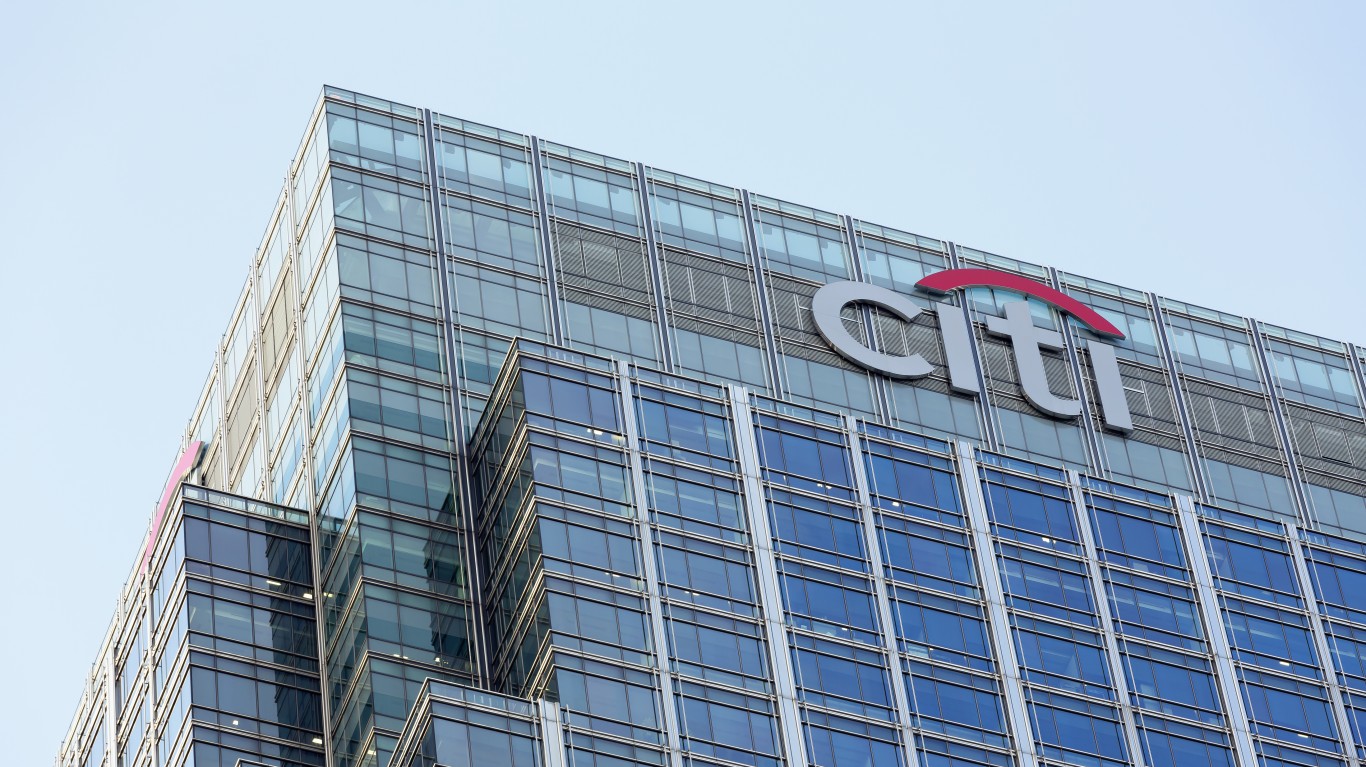

For investors, 2022 was a dreadful year. The S&P 500 was down almost 20% and the Nasdaq lower by a stunning 33%. But what a difference a year can make. Through Wednesday, the S&P 500 was up 19.42% and the Nasdaq an astounding 36.06%. With the market rolling again, financial news talking heads and portfolio managers pitching their products like carnival barkers are everywhere, just like in the good old days.
However, just 10 companies have made up over 90% of the gains in the S&P 500, and nine of the heaviest-weighted stocks in the Nasdaq 100 have accounted for almost all its gains. You may be wondering what these stocks have in common. They are almost all technology stocks, and it is likely that the technology sector continues to drive the upside for the rest of the year.
[in-text-ad]
In a new and somewhat worrisome report, J.P. Morgan sees some serious storm clouds on the horizon. Those getting all fired up about the market running to new all-time highs in the not too distant future may want to tap the brakes some. The report noted this about the current state of the stock markets:
The equity rally over the past 2 months implies macroeconomic scenarios that are even more positive than a soft landing. We maintain that this market action is largely a result of mechanical re-risking, due to the decline in volatility and emergence of the AI-themed mega cap rally. For instance, the level and increase of stock concentration in S&P 500 now is at 60-year highs. This could be indicative of a bubble, and other anecdotal evidence points to an AI-driven bubble as well.
While the J.P. Morgan team is fully aware that artificial intelligence is a transformative technology and will stay relevant, it also feels AI has fed the hype for the recent big rally. The report also said this about the rest of the year and beyond:
We remain of the view that the delayed impact of the global interest rate shock (real estate, consumer credit, quantitative tightening and liquidity, etc.), steady erosion of
consumer savings and post COVID pent up demand, and deeply troubling global geopolitical context will result in market declines and re-emergence of market volatility. We acknowledge that we cannot time this inflection near term, but there are no data points that would prompt us to change our methodology or conclusions.
While the good news for growth investors and our readers is that there are still solid opportunities in technology, the bad news is that companies that have driven the huge year-to-date gains, like Nvidia and Meta Platforms, are very overbought and likely due to consolidate some.
Thank you for reading! Have some feedback for us?
Contact the 24/7 Wall St. editorial team.
 24/7 Wall St.
24/7 Wall St.


